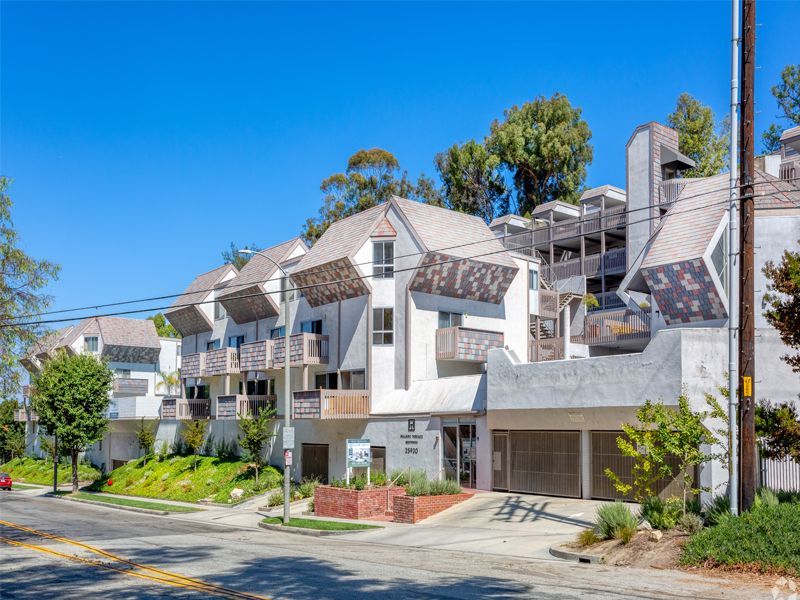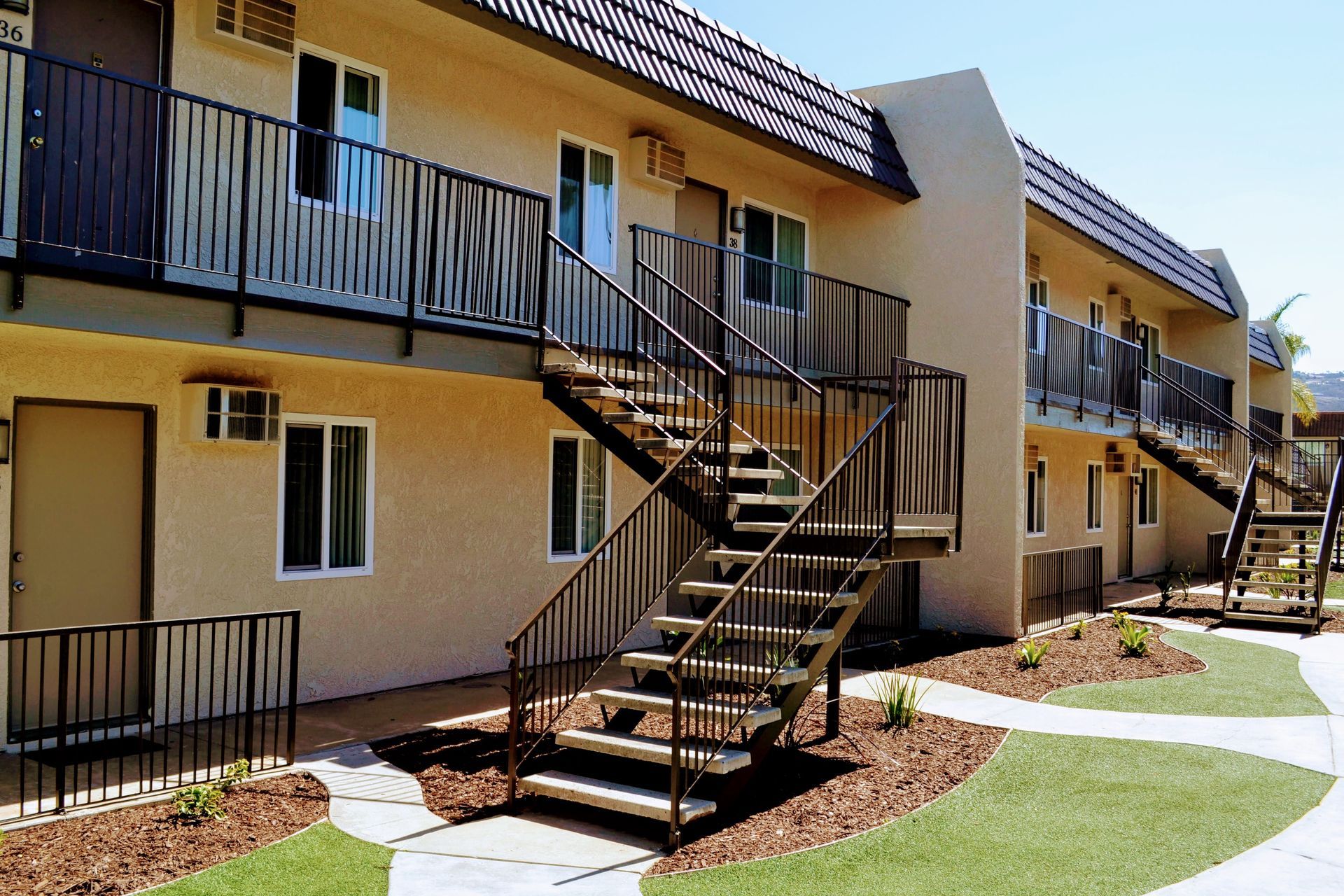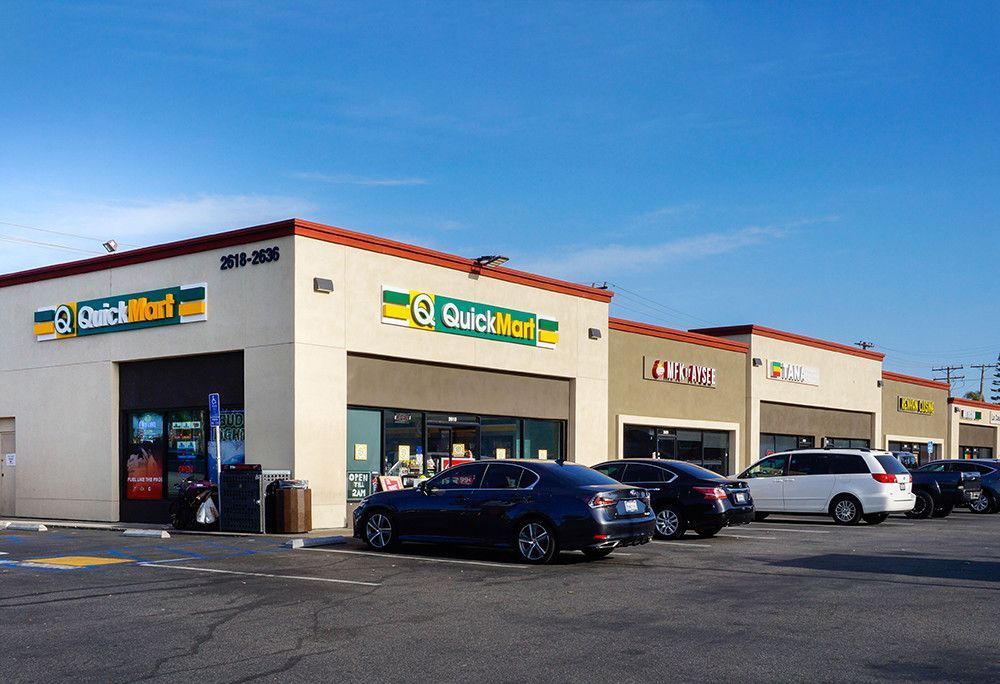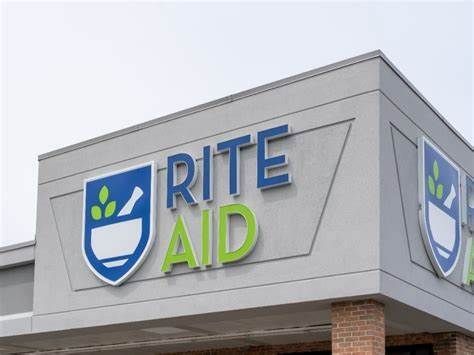Property Management Cost
Eight to twelve percent of monthly rent -
If you are just looking for a basic (albeit vague) number, that is the typical average rate you can expect to pay for a property manager. But as with any investment, understanding the
value
behind something is what really allows you to make investment decisions that you can be comfortable with. That is why the eight-to-twelve percent is really just a starting point, and why we want to help you actually
break down the costs of hiring a property manager. Hopefully, then, you’ll have a better understanding of what you are really paying for!
FACTORS THAT INFLUENCE PROPERTY MANAGEMENT COSTS
There are 5 main factors that will influence the cost of your property management: the size of the property, the type of property, its condition, its location, and the extent of the services performed.
Size of Rental Property
First is the size of the property. This one should be obvious but (generally speaking) managing a larger rental property involves more work than managing a smaller one, so the fees that are charged will likely be larger as well. This is particularly true for residential buildings, where a larger footprint typically means more doors and more tenants.
Of course, from a property management perspective, this does lend itself to more ideal economies of scale (wherein their work is concentrated more in one location rather than spread out across town), so as a result, while you may be paying a higher amount overall, you can often expect to pay a lower percentage of the total rent collected (for example, you would pay closer to eight percent than twelve).
Type of Property
Next, we’ll talk about the type of property. Many property management companies can manage a variety of property types, including single-family homes, apartment buildings, retail centers, and office buildings, while others specialize in just one or two of these. While it may be tempting to think of all property types in the same vein, they really can have unique elements to them, which can affect the price for your property manager.
For instance, you may find a company that has a great reputation for managing single-family homes in a particular city and, although they can probably handle it, they might
not
be the best choice if your family owns a small shopping center or two.
A management company might charge more because they have a long track record of managing different types of properties and can accommodate just about anything you bring to them, or they might ask for a higher amount for a specific type of property (e.g., retail centers) because they have decades of experience in maximizing those investments. The details are very specific to each individual company, but these are all things to consider.
Condition of Property
Now for the
condition
of the property. In general, the newer a building is, the fewer maintenance calls it is going to need and the fewer major repair or renovation projects it is going to have. Because of this, you may be able to ask for a lower rate if that is the case for
your
investment property. On the other hand, you might be charged more if your property is much older and both you and your property manager foresee a number of major renovations that will need to take place in the near future.
Location of Rental Property
Another factor in the price of property management is the location of your property. As with all things related to real estate, some areas simply command higher rents and standards of living and, as such, prices of goods and services in those areas are higher as well. Conversely, management fees in the regions that command lower rents will typically be lower.
Extent of Services
The last major factor that influences the price of property management is the specific set of services that the property management company will provide. For example, some landlords really love to be hands-on and ask to be called first when any basic repairs are needed. They don’t, however, want everyone to know that it is actually the owner that is out there fixing the sprinkler system, and so they simply rely on a property manager to communicate with tenants and collect the rent. In this case, you will likely pay much less than a landlord who wants to be completely hands-off and needs a manager to collect rent, fill vacancies, handle repairs, coordinate renovations, proceed with evictions, and handle the accounting.
BREAKDOWN OF PROPERTY MANAGEMENT FEES
Now that we’ve gone over the main factors that influence the price of management, let’s take a closer look at some of the specific fees (both one-time and ongoing) that you might expect to pay.
Initial Setup Fee
First is the Setup Fee. Onboarding a new client can take a lot of time, energy, and organization. The management company may need to send staff out to the location to inspect the condition of your property and introduce themselves to the tenants; the accounting team will collect, organize, and store any important documents such as deeds, financial reports, mortgage information, and tax documents; and office staff will need to begin the process of changing over the mailing address for all invoices and correspondence with each of the existing utility companies, vendors, and tenants.
Monthly Management Fee
Now we get to the cost that is probably at the forefront of your mind, and the one that people are referring to when they mention that eight-to-twelve percent average. This is the monthly management fee. It’s the ongoing fee that a manager will charge you for their continued services.
The contract you sign with them will specify exactly how this fee is calculated and what services the fee includes. Some companies charge a higher monthly management fee, but it may be more inclusive of different services, so do not necessarily be put off by a higher initial fee until you understand what exactly is included.
Now, you’ll usually see these monthly fees in one of two different ways: a flat fee or a percentage of rent.
Flat Fee
A flat fee is a specific and set dollar amount you pay the management company each month. The exact number is determined based on the factors we discussed earlier, and you may be more likely to see a flat fee when dealing with something small, like a single-family home.
Percentage of Rent
More commonly, a property management company will collect their fee based on a percentage of the monthly rent that is collected. This usually works well for all parties involved because the management company gets paid more, but only if they can maximize the amount of rent that is collected each month. Just be sure that you are aware of the difference between “Rent Due” versus “Rent Collected.”
If you’re being charged based on “Rent Due,” it means that the fee-percentage that you’re charged is based on the total amount of rent that you should be collecting that month, based on the tenants that you have in place.
“Rent Collected,” on the other hand, means that the fee is based on the dollar amount that was actually collected or received that month. In other words, the amount you pay your property manager will be lower during the month if one or more of the tenants have not paid their rent in full. That works out better for you and incentivizes your management company to stay on top of timely rent payments.
One more thing about monthly fees – a lower fee does not always mean a better deal. A lot can be said about the reputation and track-record of the management company you are working with. If one company is vastly cheaper than another, that company will usually try to make up for their lower fees with a higher quantity of clients and properties, potentially spreading their energy and focus away from your property.
Misc Fees
Lastly, let’s quickly go over some miscellaneous fees that you might expect to see.
Tenant Placement Fee
Tenant Placement Fees - A property manager may charge a separate fee for placing tenants in your property. This is because marketing, showing your vacancy to prospective tenants and (as often is the case with commercial buildings) negotiating leases is a distinct and separate workload compared to maintaining the building and collecting rent. Again, this could be a flat fee, or a fee based on the percentage of rent collected. Half a month's rent to a full month's rent is common.
Vacancy Fee
Next is something that we here at Coastline Equity never charge for, but it’s worth mentioning in case you come across it elsewhere. In cases where the landlord wants to fill vacancies themselves of hire a third-party vendor to do it for them, a “Vacancy Fee” may be charged if units are left empty. This is because, as mentioned earlier, a management company may make less, if units are unoccupied and less money is collected in rent.
Again, we never use this at Coastline because our goal is to align our interests with our clients as much as possible, and we think this detracts from that.
Maintenance Fee
Maintenance fees are generally included as part of the monthly management fee, but you may see the amount in its own separate category in order to distinguish it from what is charged for all operations that take place in the office. This amount is used specifically to staff maintenance people to keep common areas, respond to basic maintenance calls, and perform general fixes around the property. If a specific repair must be made, the cost of the repair will be deducted from the “reserve repair fund,” which we’ll go over next.
Reserve Repair Fund
Reserve Repair Fund - This is a separate account that the landlord puts money into, for necessary repairs at the property. It ensures that there is always some cash available on-hand to handle those repairs in a timely manner. Some landlords want to be notified prior to any work being done for any particular task, while others put their trust in their management company to handle repairs as needed, so long as the cost of work is below a certain threshold.
Eviction Fee
Because evictions can be a lengthy legal process, if you want a property manager to handle tenant evictions, you will often have to pay for it. Expect to pay a few hundred dollars for each eviction, plus any associated court costs. Some property management firms will recommend a qualified attorney instead.
Early Termination Fee
Lastly, we have the Early Termination Fee. If you enter into a contract with a property management company and then end that agreement before it expires, you will often have to pay an Early Termination Fee. This amount will vary based on the terms of the contract. You may only be responsible for paying one month of additional management fees, or you could be taken to court for breach of contract, so make sure you read your management agreement carefully.
Here at Coastline Equity, we don’t have a termination fee. Instead, we are committed to what we call, an "Easy Exit Pledge.” This simply means that, if you are not happy with our team's service, you can cancel your contract at any time.
Well, we covered a lot of information and hopefully gave you some good insight into what you can expect with regard to the costs of hiring a property management company. Though it can seem overwhelming, remember that the main benefit of working with a management company is that it allows you to be less of a day-to-day operator and more of an investor.
Property Management Made Easy
Contact Us - Contact Page
We will get back to you as soon as possible
Please try again later
Los Angeles
1411 W. 190th St.,
Suite 225
Los Angeles, CA 90248
Temecula
41743 Enterprise Circle N.,
Suite 207
Temecula, CA 92590

P.O. BOX #1489
TORRANCE, CA 90505








